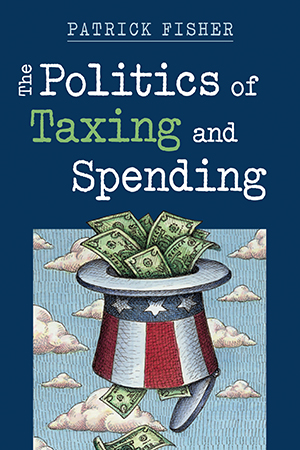
- 2009/193 pages
The Politics of Taxing and Spending
Hardcover: $57.00
ISBN: 978-1-58826-644-6
Paperback: $25.00
ISBN: 978-1-58826-619-4
Ebook: $25.00
ISBN: 978-1-62637-093-7
How are budget decisions made by the US government? Is it fair to blame skyrocketing deficits on an inability to curtail spending? How—and why—are taxing and spending decidedly separate political processes?
Emphasizing budgetary politics rather than economic theories, Patrick Fisher offers a clear, thorough overview of how money flows through our government coffers. A welcome realism pervades Fisher's analysis of budget making, and numerous case studies of events in recent budget politics bring his arguments to life. The result is a balanced wealth of material for classroom discussion.
Emphasizing budgetary politics rather than economic theories, Patrick Fisher offers a clear, thorough overview of how money flows through our government coffers. A welcome realism pervades Fisher's analysis of budget making, and numerous case studies of events in recent budget politics bring his arguments to life. The result is a balanced wealth of material for classroom discussion.







